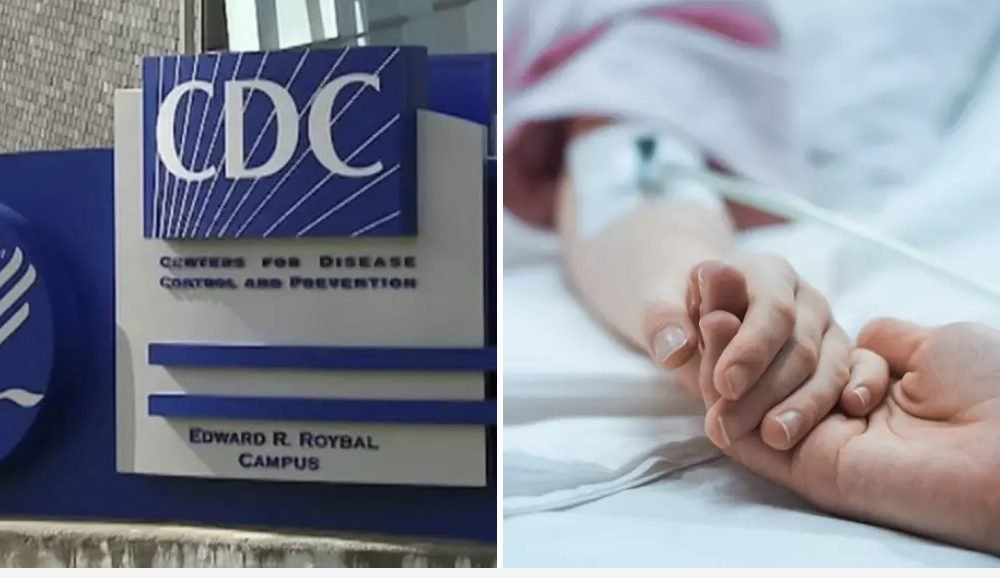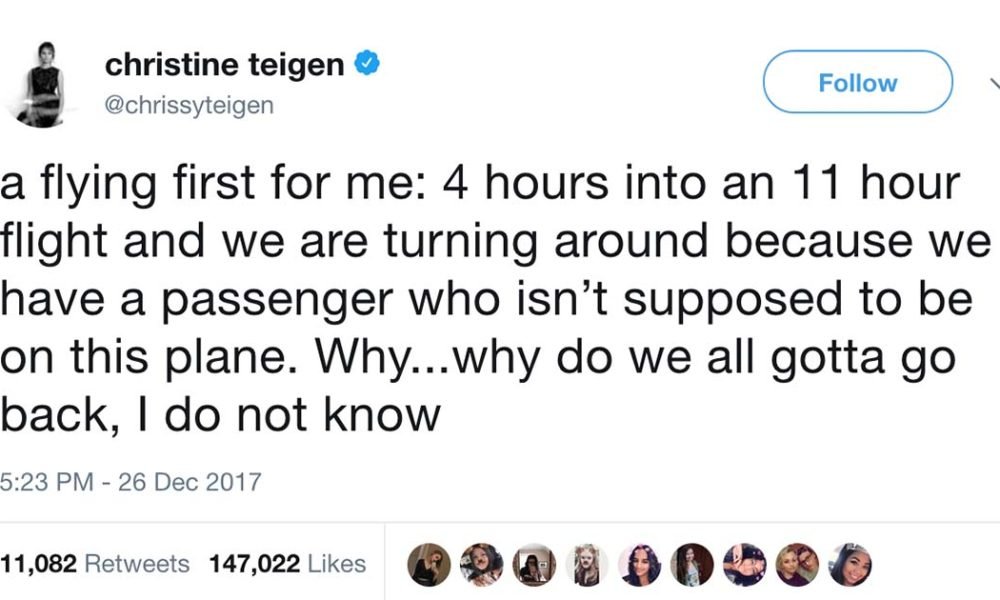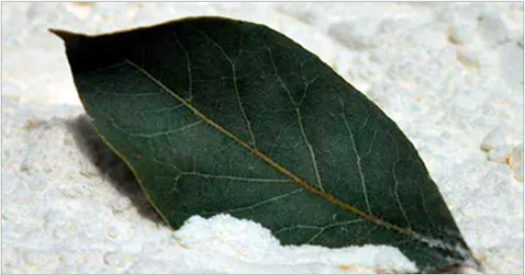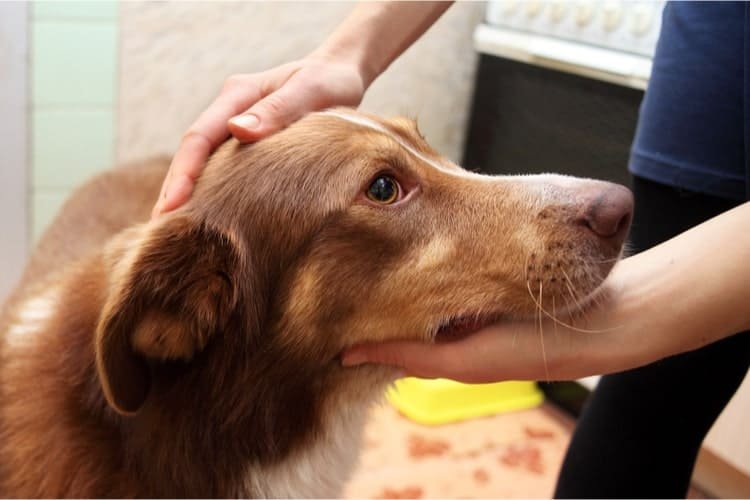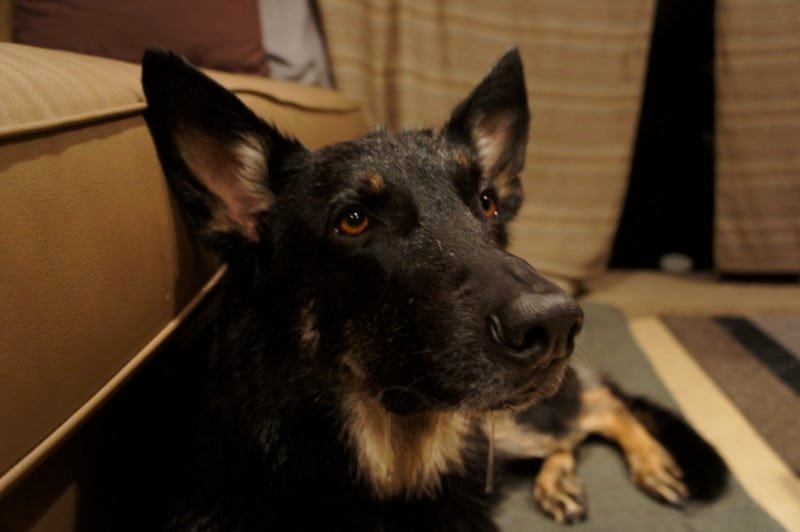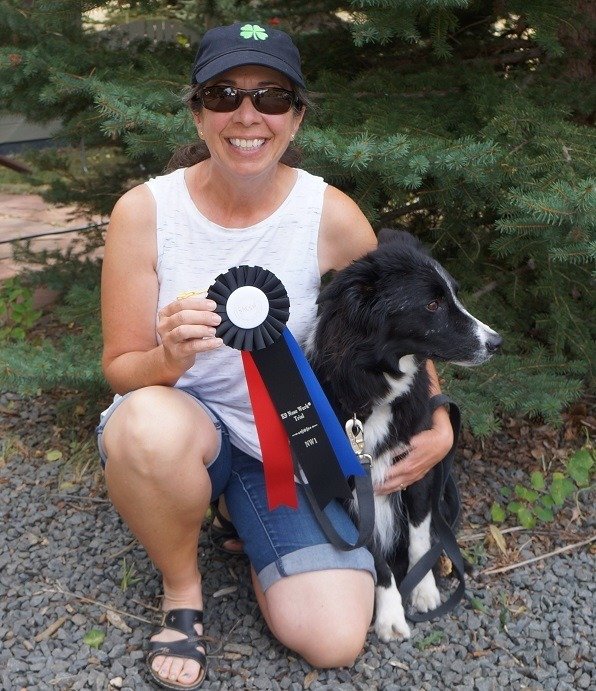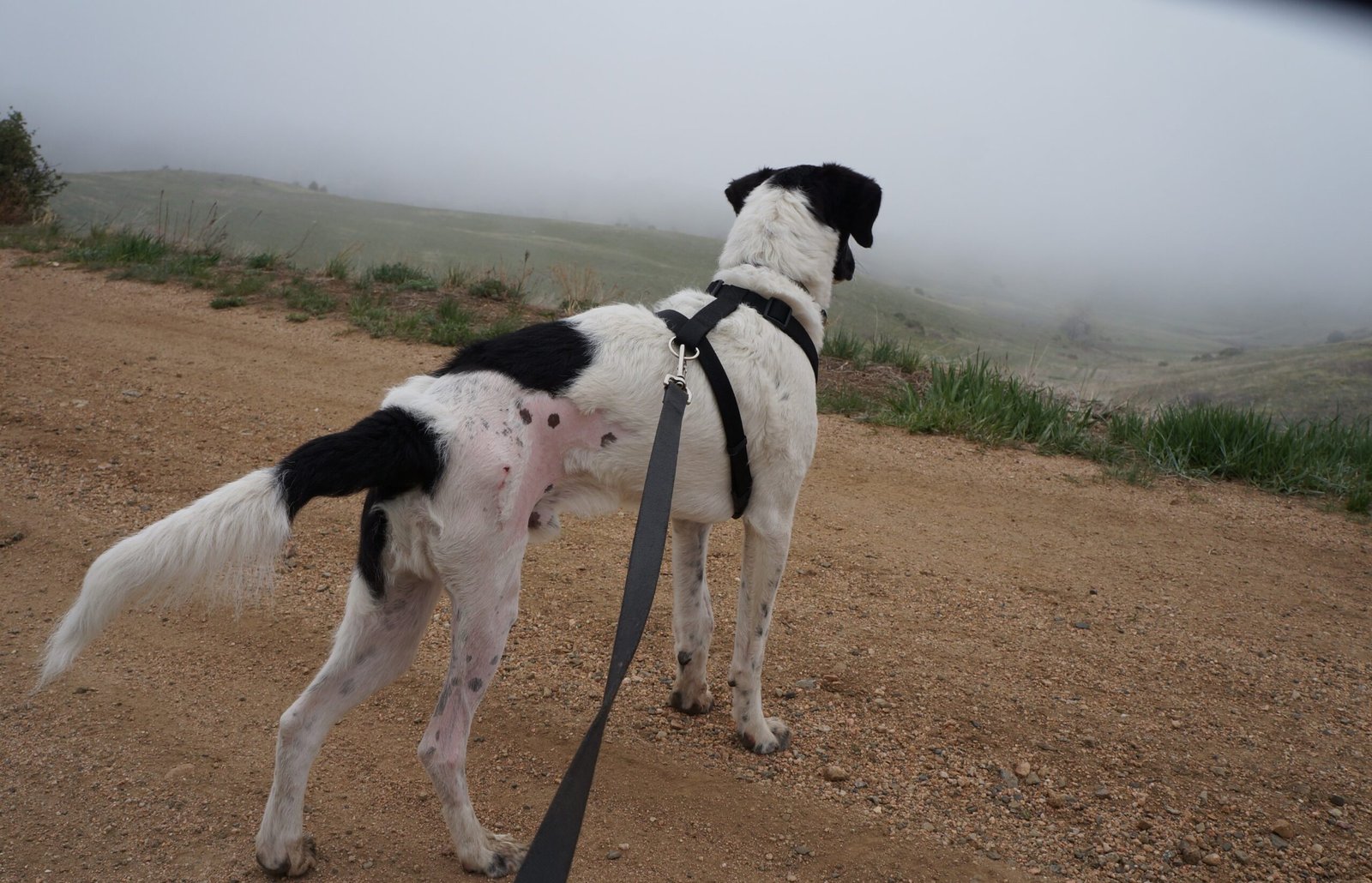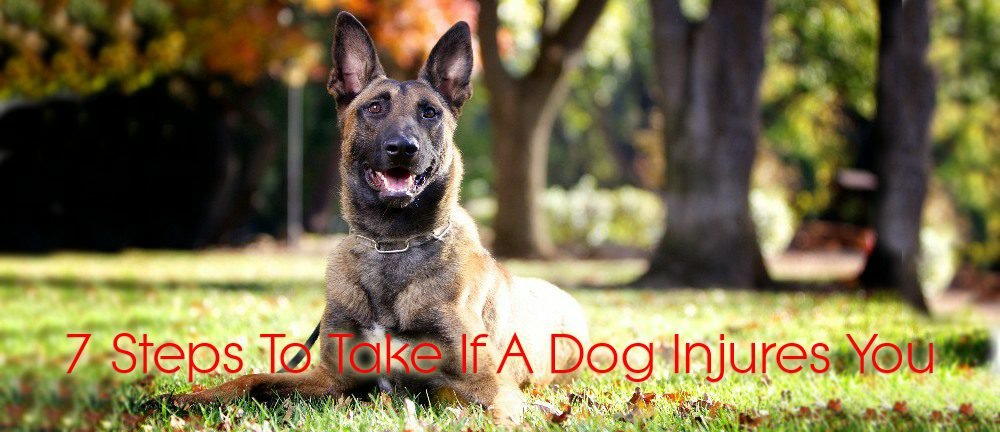[ad_1]

.
Dogs, like their human equivalents, can be subjected to the periodic bout of missteps. Most of the time, pet missteps are completely regular and will fix themselves within a couple of minutes. Hiccups tend to be more typical in young puppies and young dogs and are seldom a cause for issue. But why do dogs get missteps? What triggers them? And when should you be worried that your pet is hiccupping?

What are Dog Hiccups?
Hiccups in dogs and young puppies are brought on by a quick contraction of the diaphragm. The diaphragm is a sheet of muscle that separates the chest from the abdominal area and is associated with assisting your puppy to breathe. When a canine takes in, the diaphragm agreements and relocations down, increasing area in the chest cavity for the lungs to fill with air. When a canine breathes out, the diaphragm unwinds and makes the chest cavity smaller sized, squeezing the air out of the lungs.
The motion of the diaphragm is smooth and rhythmical. However, when it contracts all of a sudden or irregularly, the outcome is a little convulsion of the muscle and the resulting misstep. The muscle of the diaphragm is managed by numerous nerves, among which is called the phrenic nerve. This nerve lies extremely ostensibly in the diaphragm and can be inflamed by motions of the stomach and intestinal tracts that sit close by. This is especially real if the stomach is filled with gas or air.
Hiccups can be particular or happen in fast succession if the contraction of the diaphragm is duplicated. Most missteps in dogs are quiet, and we primarily see their stomach and chest moving rapidly. However, if air is expelled through the glottis or singing cables at the very same time, a little “hic” noise or cough might be observed.

WhyDo Dogs Get Hiccups?

A misstep takes place when the diaphragm is inflamed, triggering a brief, uncontrolled convulsion of the muscle. The most typical factor for this in dogs is consuming or consuming too quick, triggering your pet to consume air in addition to their food or water. The air and food mix in your pet’s stomach, triggering it to broaden with gas and aggravate the diaphragm as the stomach agreements and relocate to absorb the food. Excitement, tension, or panting can likewise trigger a bout of missteps.
Puppies are most likely to get missteps than older dogs. Puppies typically consume much faster than adult dogs and are more spirited and energetic, triggering them to consume more air. This accumulation of gas inside the stomach can aggravate the diaphragm. Young dogs likewise have less fat inside their abdominal area and for that reason less cushioning around the stomach to soak up a few of its motions. Puppies naturally breathe much faster than adult dogs and their muscles are weaker and tire more quickly, making contractions of the diaphragm and resulting missteps most likely.
DoHiccups Hurt Dogs?
Hiccups are not likely to trigger any discomfort or pain to your pet. Most bouts of missteps fix themselves within a couple of minutes and are bit more than an inconvenience to your pet. Most dogs will stay calm throughout bouts of missteps and disappoint indications of distress or pain. If your pet is revealing indications of distress such as extreme pacing, panting, or being uncertain, or stomach pain such as extending, relying on take a look at the abdominal area, or discomfort on touching his abdominal area, then it is suggested to look for veterinary attention.

HowCan You Get Rid of Dog Hiccups?

There are numerous recommendations regarding how to eliminate missteps in individuals, although it is not likely that much of these will work for our canine buddies. It is not likely that you can ask your pet to hold his breath and count to 10! Scaring your pet is definitely not suggested. But what can we do that works?
Calm irregular breathing
Helping to decrease your pet’s breathing will slow the motion of the diaphragm and decrease its contractions. Encourage your pet to rest and unwind. Avoid workout or enjoyment. Maybe provide them a belly rub to motivate relaxation.
Drink water
Drinking water will help in reducing the gas in the stomach and enable the motions of the stomach to settle. Encourage your pet to consume calmly and gradually.
Slow down mealtimes
If your pet is vulnerable to getting missteps since they consume or consume too rapidly, attempt to slow them down. Try spreading your pet’s food throughout the flooring or utilizing a sluggish feeding meal to prevent them gulping down their meal.

WhenShould You Worry About Dog Hiccups?

In uncommon cases, extended bouts of missteps, or often repeating bouts of missteps, might be an indication that something isn’t rather best.
It is suggested to look for veterinary attention as quickly as possible if you see any of the following:
Your pet seems in discomfort or is distressed
Panting, pacing, extending, or often turning round to take a look at their stomach can be indications of stomach discomfort.
Your pet is drooling exceedingly
This might be an indication of queasiness, stomach discomfort, or contaminant intake.
Your pet is having a hard time to breathe with the missteps
Any modification to your pet’s breathing pattern– for instance, if it ends up being more labored or is much faster than regular– ought to be examined even more. Your pet tiring more quickly or being not able to work out when he has missteps might likewise be a cause for issue.
Your pet begins to throw up after hiccupping
This might be an indication of an indigestion or contaminant intake.
Most bouts of missteps in dogs and young puppies do not need any intervention. However, if you are worried your puppy remains in pain, or missteps are ending up being a routine incident for your furry buddy, then a journey to your vet may be in order.
FeaturedImage Credit: nicolas.fontana, Shutterstock
[ad_2]



